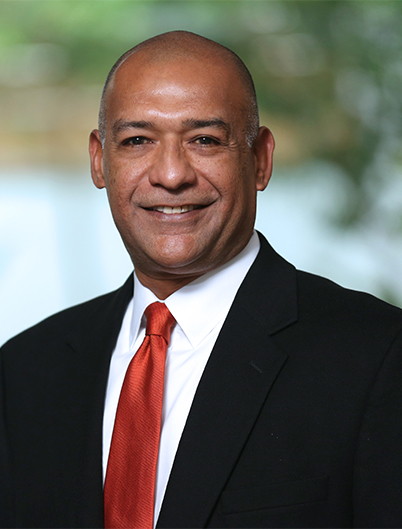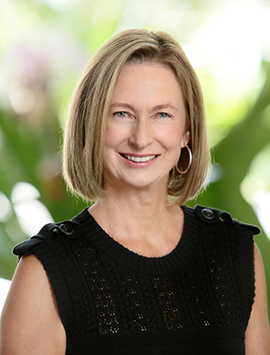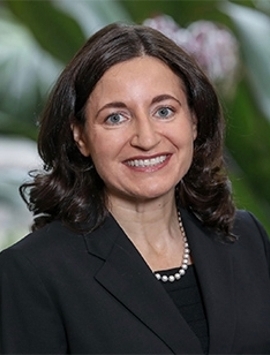
Accounting Department
Miami Herbert offers two graduate accounting programs: the Master of Science in Accountancy (MSA) or the Master of Science in Taxation (MST). Both of our master’s degrees fulfill the accounting education requirements for students wishing to take the CPA exam.
The School’s MSA and MST stand among the few master’s programs nationwide to be separately accredited by AACSB International. Both degrees prove well regarded by the professional community, as hiring directors from local, regional, national, and international firms recruit and hire our students.
CPA Exam
Most of our students intend to become qualified as Certified Public Accountants (CPAs). While the CPA exam is a national exam administered by the American Institute of Certified Public Accountants, its execution and CPA licensing practices are governed by state law. For example, some states require a certain number of credit hours in particular subjects and have overall accounting and business credit hour requirements. As such, you should check with the state in which you intend to practice to determine what the specific course requirements are for that state. Note: Our department is unable to make a determination of your eligibility to sit for the CPA exam. This assessment can only be done by the appropriate state board. The licensure requirements for the State of Florida can be viewed at the Florida Department of Business and Professional Regulation website. For your convenience, the Florida rules that apply to most individuals are summarized here. Please check the State of Florida website for updates and rules which may apply in particular circumstances. As of July 1, 2008, the Florida State Board of Accountancy (BOA) separated the requirements to become a Certified Public Accountant (CPA) into two parts: The requirements to be eligible to take the CPA exam and the requirements for licensure to practice as a CPA in Florida.
To be eligible to take the CPA exam, you must have completed at least 120 credit hours, including 24 credit hours of accounting (auditing, cost and managerial accounting, financial accounting, accounting information systems, and taxation) at the upper division (300-level or above) and 24 credit hours in upper division general business courses with the exception that one microeconomics, one macroeconomics, one statistics, one business law, and one introduction to computers course may be lower division. As part of the general business credit hours, applicants are required to have a total of 6 credit hours of business law courses, which must cover contracts, torts, and the Uniform Commercial Code. Excess upper division accounting courses may be used to meet the general business requirement; however, elementary accounting classes are never acceptable toward the required credit hours nor are courses for non-accounting majors and any MBA courses that are equivalent to elementary accounting.
The exam is offered in the following time periods: January – February, April – May, July – August and October – November. Note: you do not have to have a bachelor’s degree in order to sit for the CPA exam.
In addition to passing all four parts of the CPA exam with at least a 75 percent within an 18-month rolling period, the BOA requires a bachelor’s degree plus an additional 30 credit hours for a total of 150 credit hours before you can become licensed as a CPA. One year of work experience under the supervision of a licensed CPA is now also required to become licensed. This experience may be obtained before or after sitting for the exam; however, all requirements to sit for the exam must be met before the work experience commences.
If you fail to apply for licensure within three years of receiving the licensure package (sent after you pass all four parts), the CPA grades expire and you have to retake the examination.
The 150 credit hours must include a minimum of 36 credit hours of accounting courses at the 300-level or above and at least 39 credit hours of general business courses at the 300-level or above (with some exceptions). Excess upper division accounting courses may be used to meet the general business requirement. Courses for non-accounting majors and any MBA courses that are equivalent to elementary accounting are not accepted for this requirement.
No credit will be given for courses which duplicate another course for which the applicant has received credit. CPA review courses are considered as duplicates.
For the CPA requirements in other states, you should consult the State Board of Accountancy for your state.





